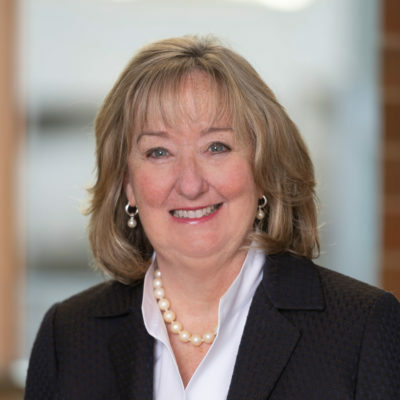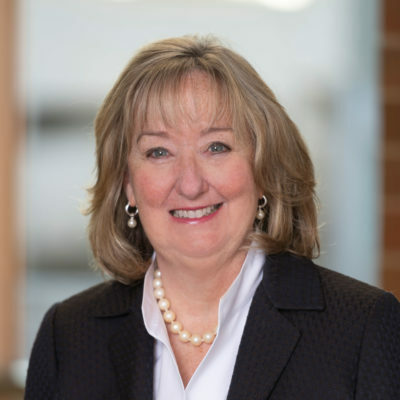
Ask anyone who’s lived in Des Moines for more than five years, and they’ll tell you about how much the city has changed, largely for the better. Downtown Des Moines in particular has enjoyed a renaissance in economic development, job growth and quality-of-life improvements. Just in the past two years, Iowa’s capital has won kudos for being “one of the best mid-sized cities to visit” (RewardExpert.com); “best city for the middle class” (BusinessInsider.com); number four among “best mid-sized cities for making a living” (MoneyGeek.com); and also number four among “best cities for young families” (ValuePenguin.com).
These improvements and rave reviews don’t mean Des Moines is resting on its laurels, however. The city is among 50 “teams” participating in Invest Health, an initiative that brings together diverse leaders from mid-sized U.S. cities across the nation to develop new strategies for increasing and leveraging private and public investments to accelerate improvements in neighborhoods facing the biggest barriers to better health. DMU is part of Des Moines’ team, represented by me, the University’s chief external and government affairs officer.
This has been an exciting project for Des Moines University and one we became aware of through DMU President Angela Walker Franklin, Ph.D., as she serves as chair of the health cabinet of the United Way of Central Iowa.
A collaboration between the Robert Wood Johnson Foundation and Reinvestment Fund, Invest Health was developed to help mid-sized cities transform the way local leaders work together to create solution-driven and diverse partnerships to improve resident health and well-being. These changes can focus on increasing access to quality jobs, affordable housing and nutritious food, and reducing crime rates and environmental hazards.
So far, the Des Moines team has surveyed residents of eight diverse neighborhoods on the northern edge of downtown, all part of the 50314 zip code. Responses on ways to improve the quality of life in the area included enhancing its walkability, access to healthy food, transportation options and opportunities for new businesses.
Des Moines’ Invest Health team is now working with AMOS, a community outreach organization, to increase outreach to residents to get their input on and buy-in of an action plan.
We believe the solutions to many of the problems will come from within the community. It is clear the residents know their neighborhood and the barriers they have to healthier lives far better than we do. Through this planning grant from Invest Health, it has been stressed over and over to us the importance of listening to the community, and this awareness has really opened our eyes.

